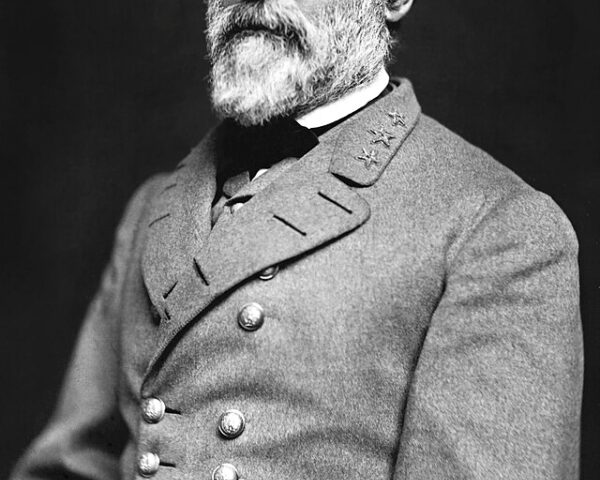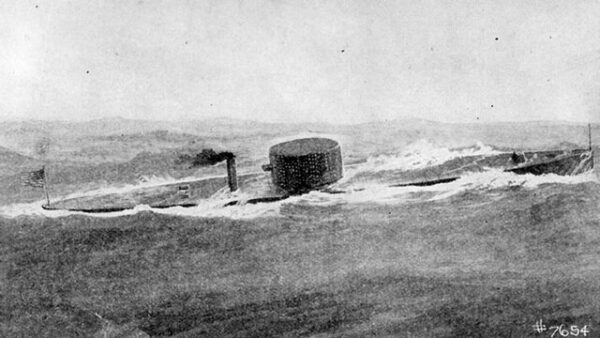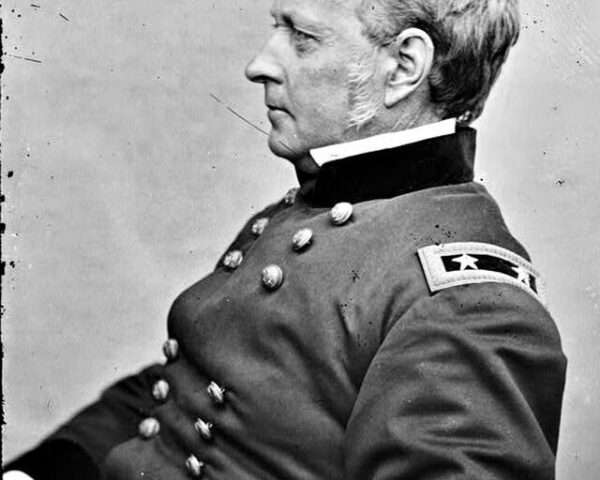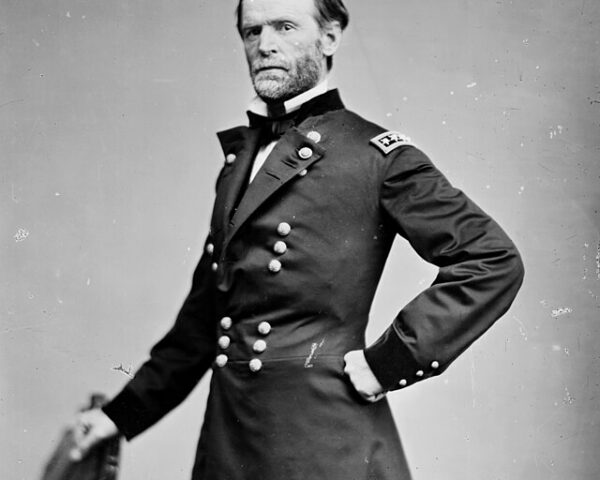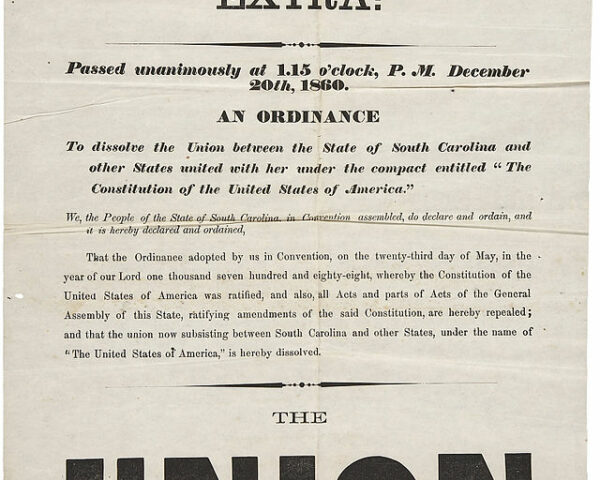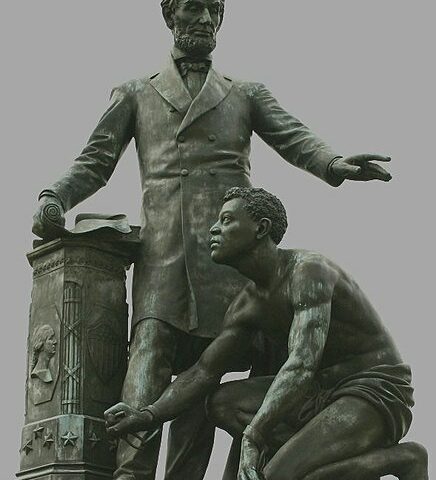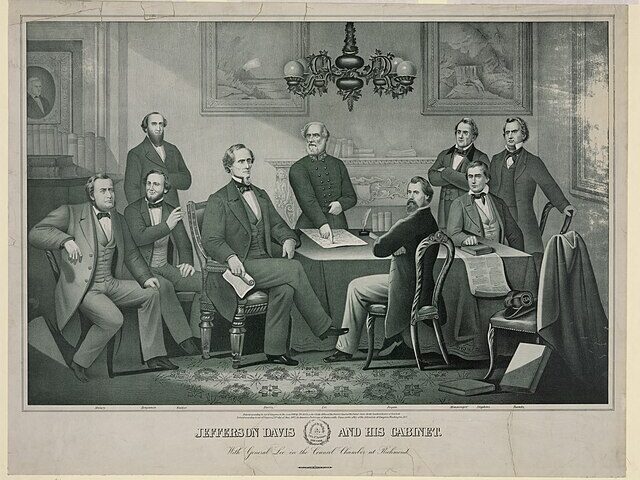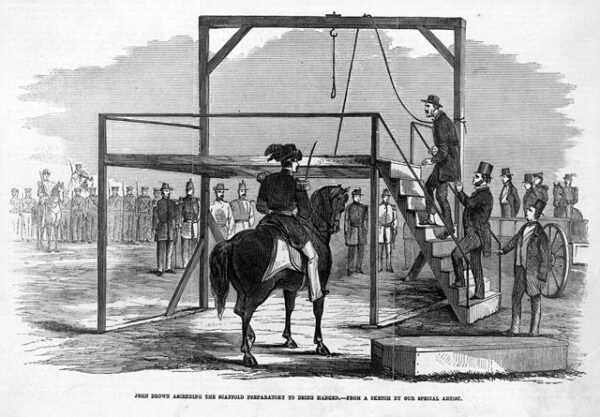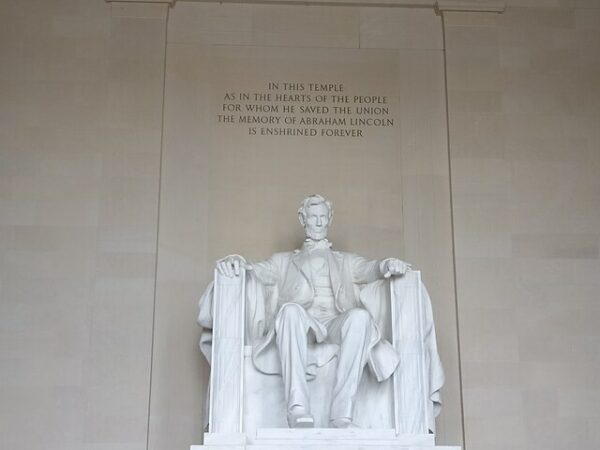On January 31, 1865, Robert E. Lee was appointed general-in-chief of all Confederate armies, a decision that came during the final, desperate months of the American Civil War. By this point, the Confederacy was struggling against relentless Union advances, and its military situation was…
Read MoreOn January 30, 1862, in the depths of the American Civil War, a vessel unlike any the world had ever seen slid into the waters of New York Harbor. The USS Monitor, squat, low-slung, and almost unsettling in appearance, marked a decisive break with…
Read MoreIn the bleak aftermath of the Battle of Fredericksburg, the Union Army stood stunned—not merely by defeat, but by the scale and clarity of it. On January 26, 1863, President Abraham Lincoln formally relieved Ambrose Burnside of command of the Army of the Potomac,…
Read MoreOn January 9, 1861, the United States moved one step closer to going to civil war. On that day, A crew on The Star of the West, a ship hired by the U.S. government to supply American troops, found itself caught in between working for…
Read MoreOn December 22, 1864, one of the most consequential campaigns of the American Civil War reached its dramatic conclusion when Savannah, Georgia, fell to Union forces under the command of William Tecumseh Sherman. Days later, Sherman sent a succinct but unforgettable message to Abraham…
Read MoreOn December 20, 1860, a secession convention in South Carolina voted unanimously to secede from the Union. Fearing that Republican Abraham Lincoln’s administration would appoint antislavery officials who would undermine slavery, slaveholders chose to abandon the Constitution and form their own nation. To justify…
Read MoreDecember 18, 1865, Secretary of State William Seward officially proclaimed the Thirteenth Amendment ratified, officially ending slavery in the United States. Seward’s announcement was especially fulfilling to the New Yorker, who had spent much of his adult life fighting for the end of slavery.…
Read MoreIn the winter of 1861, as the Union cracked under the pressure of secession and the first year of civil war drew to a close, the Confederate States of America undertook a ritual of nationhood it hoped would signal permanence. On December 4, 1861,…
Read MoreJohn Brown’s hanging on December 2, 1859, was a moment of profound historical significance, symbolizing the deep divisions over slavery in pre-Civil War America. The execution occurred in Charles Town, Virginia (now West Virginia), just weeks after his failed raid on the federal armory…
Read MoreOn December 1, 1862, President Abraham Lincoln delivered his second State of the Union Address, a landmark speech that emphasized the moral and strategic motivations behind the Union’s fight in the American Civil War. Delivered just ten weeks after the preliminary Emancipation Proclamation, Lincoln…
Read More

